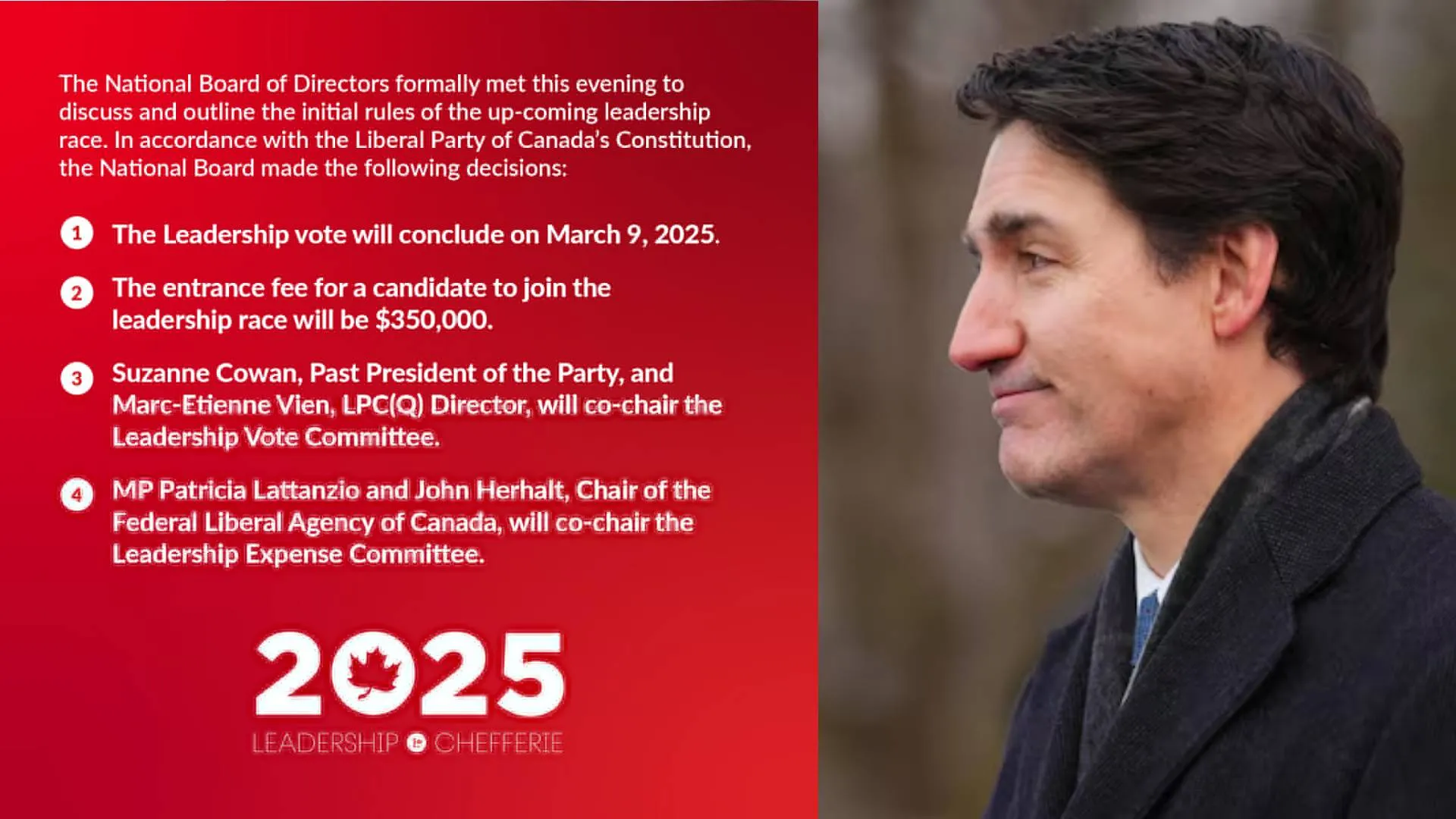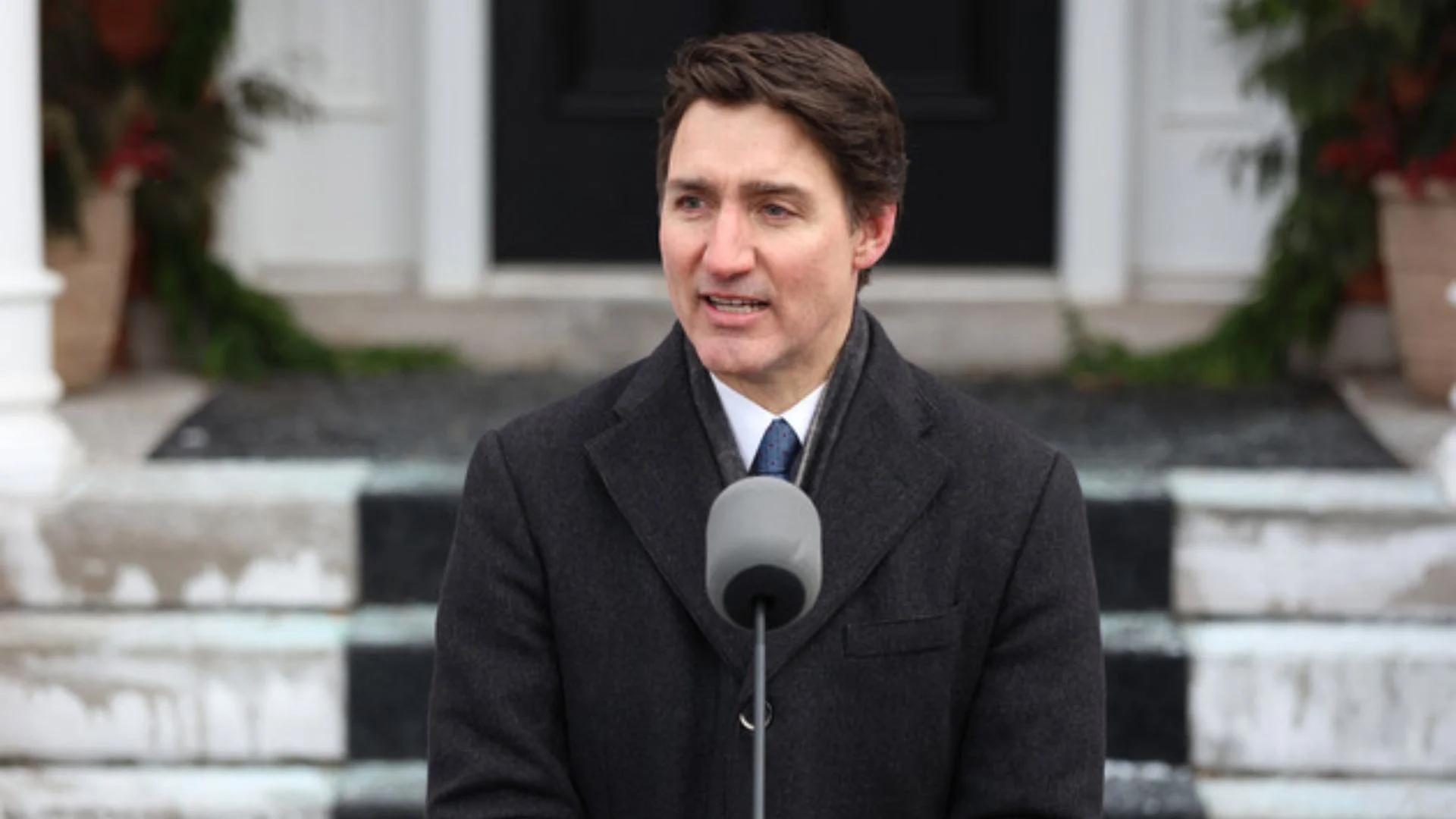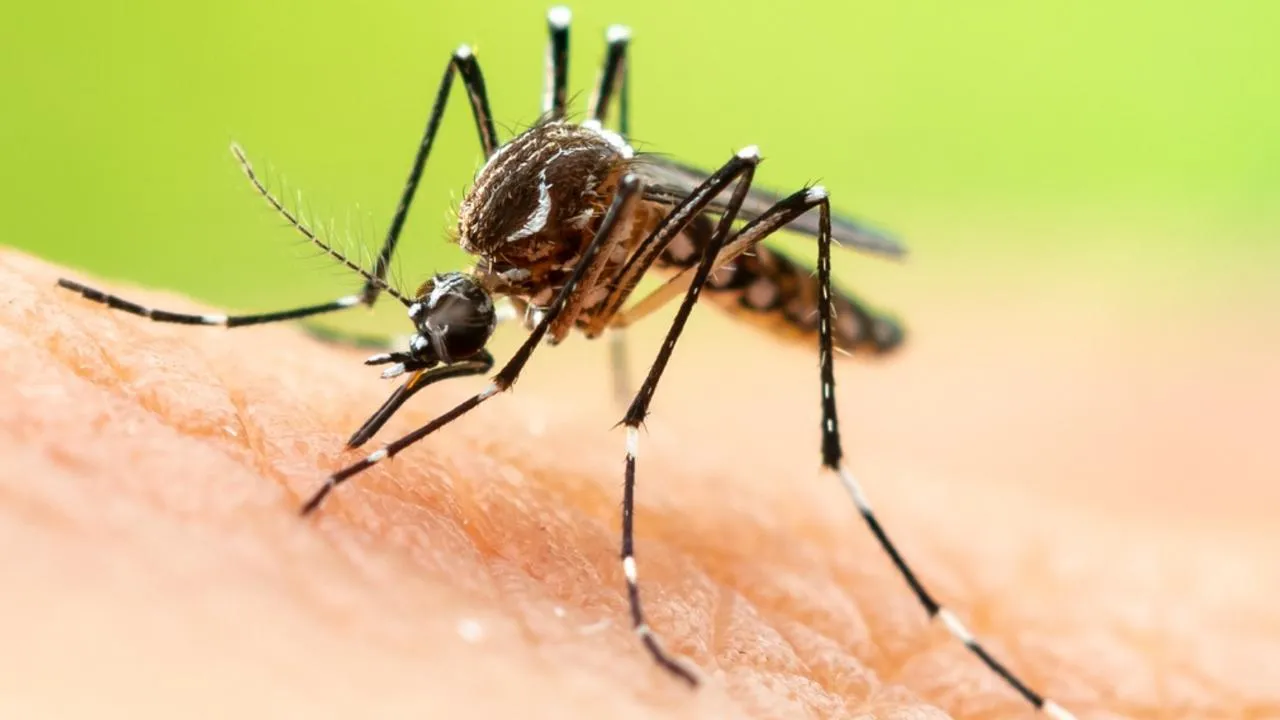Global debates over Greenland, Canada, and the Panama Canal have recently been hot topics, with talk of Canada becoming the 51st US state getting much attention.
These debates started on November 5, 2024, after a meeting in Florida between newly elected US President Donald Trump and Canadian Prime Minister Justin Trudeau. The main issue of discussion was tariffs, where Trump threatened a 25% tariff on imports from Canada.
Things were heated up when, on December 16, 2024, Canadian Finance Minister Chrystia Freeland quit her position; the pressure grew on Trudeau until he resigned on January 6, 2025. In a post the same day, Trump wrote, “Many people in Canada want to be the 51st state of America. America cannot endure the massive trade deficit and welfare subsidies that allow Canada to continue to exist. Justin Trudeau understood this, and that is why he resigned.”
Trump’s argument went viral in no time. This rapidly swarmed the platform of global discussion and a wave of memes on social media to fuel debate as to whether Canada should, theoretically, be assimilated into the United States.
So, what would happen if Canada became the 51st state?
Geographical Impact
The U.S would become the largest country in the world by superseding Russia, covering 19,811,345 square kilometers. Such an expansion of territory would amount to 80% of North America and 13% of the total land area on Earth.
Economic Benefit
With this addition, the US economy would grow to $30 trillion, much more than China’s $17.79 trillion GDP and ensuring its position as the world’s largest economy. Canada’s $2 trillion GDP would make it the third-largest state economically, after California and Texas.
Military Expansion
Canada would enhance US dominance over the Arctic, with control over the Northwest Passage, Arctic resources, and being able to place in that 100,000-strong army, 65 fighter jets, 143 helicopters, 14 frigates, and four submarines into the U.S. forces to integrate into their defense capabilities.
Natural Resources
The US would gain control over Canada’s rich natural resources, including the world’s largest freshwater reserves and 13% of global oil reserves. This would raise US oil reserves to 215 billion barrels, almost at par with Saudi Arabia’s 267 billion barrels, and above reserves in Russia, Iraq, and Iran.
Population Growth
Adding Canada’s 40 million people to the US would raise the combined population to about 380 million, adding further strength to its global power.
Is this merger possible?
Speculation on the possibility that Canada will eventually become the 51st US state is entirely out of question. The deep political, cultural, and social differences between both nations are too serious to be surpassed. Moreover, it is practically impossible because of their long-standing relationship as partners within the international field. However, the discussion raises interesting debates for global politics and economics.























